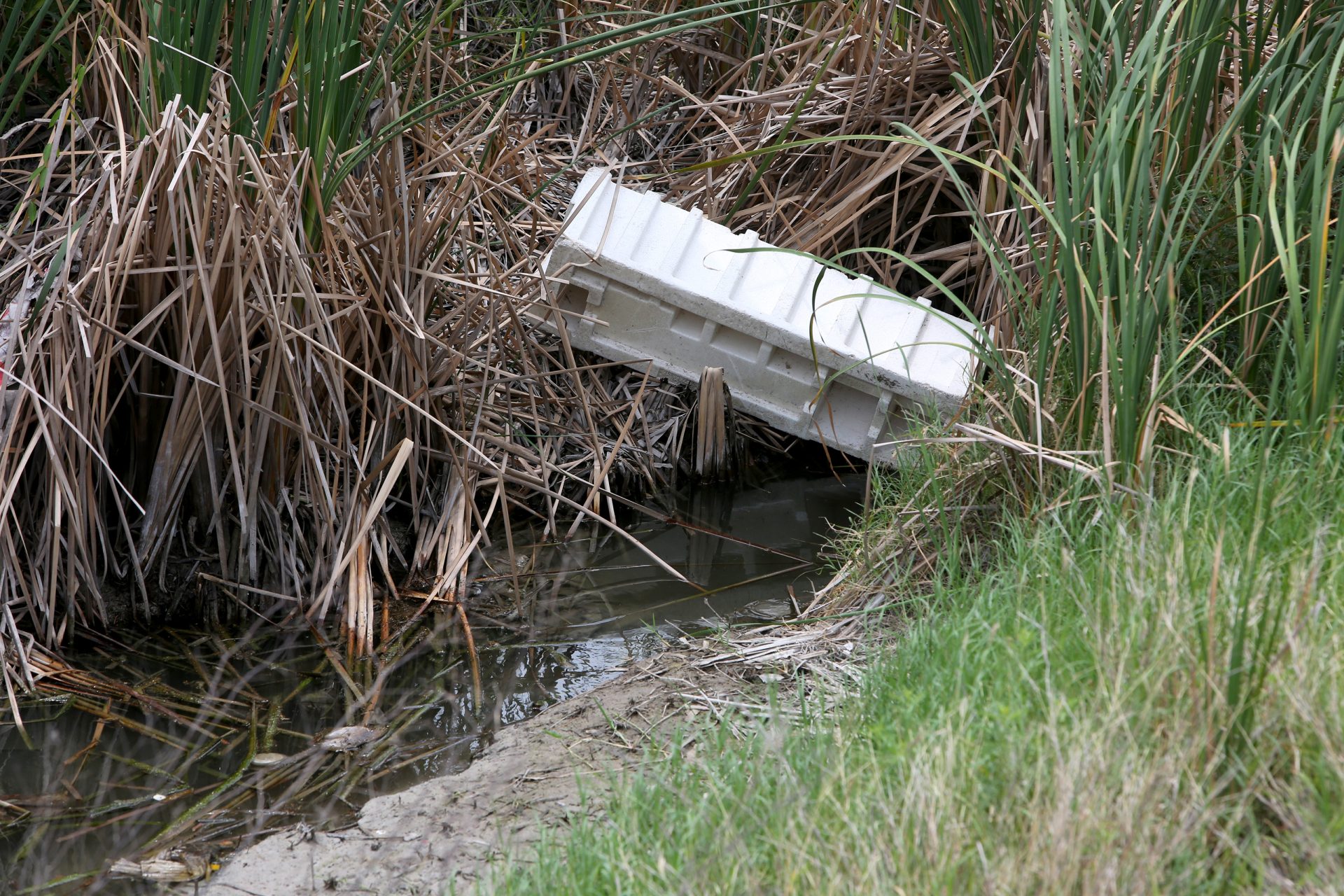|
Only have a minute? Listen instead
Getting your Trinity Audio player ready...
|
The Rio Grande Valley’s reservoirs are not only running out of water, the region is running out of options.
That’s what prompted Sen. John Cornyn, R-Texas, to spearhead a Hail Mary effort this week in hopes of getting Mexico’s attention and spurring it into making good on the water deliveries it owes the United States under a 1944 water sharing treaty.
“Obviously, we don’t want to do harm to (our) Mexican counterparts, but we are getting a little bit desperate,” Cornyn said during a press call Thursday afternoon.
Cornyn was referring to Mexico’s failure to timely deliver hundreds of millions of gallons of water to the Rio Grande.
Under the terms of the binational treaty, Mexico is obligated to deliver some 1.75 million acre feet of water to the U.S. over the course of five years. The water comes from six Mexican tributaries that ultimately feed into the Rio Grande.
But four years into the current cycle, Mexico has delivered under 400,000 acre feet, which is slightly more than one year’s worth of water.
Combined with a regional drought and years’ worth of scorching hot summers, water levels have fallen precipitously low at the two international reservoirs that supply not only the Rio Grande Valley, but the border communities in Mexico’s northern states.
The lack of water has already dealt a death knell for the Valley’s sugar growers, who in February announced the end of sugarcane’s 51-year legacy here.
On Monday, the burgeoning catastrophe prompted Cornyn to lead a bipartisan, bicameral effort to propose applying some of the stiffest pressure yet on our southern neighbor — financial pressure.
Together, the coalition of Texas lawmakers are urging Congress to withhold millions in funding from Mexico as part of the 2025 congressional appropriations bill.

Cornyn was joined by Texas’ junior senator, Ted Cruz, as well as a bipartisan delegation of House representatives, including U.S. Reps. Monica De La Cruz, R-McAllen, Vicente Gonzalez, D-Brownsville, Henry Cuellar, D-Laredo, Tony Gonzalez, R-San Antonio, Nathaniel Moran, R-Tyler, Ronny Jackson, R-Amarillo, Jodey Arrington, R-Lubbock, and Keith Self, R-McKinney.
The group sent a letter to the House and Senate appropriations subcommittees on State and Foreign Operations.
In a statement to The Monitor on Tuesday, Gonzalez stated that up to 15% of funding from the “State, Foreign Operations, and Related Programs,” or SFOPS, appropriations are at stake.
That amounts to about $7.6 million, Gonzalez said.
Though that figure represents just a fraction of the hundreds of millions in aid the United States has provided to Mexico in recent years, Cornyn said the threat of withholding the purse is an option of nearly last resort.
“We are more than happy for this to be a negotiated outcome, but we’re running out of ways to get the attention of the Mexican government,” the senator said.
This isn’t the first time that Mexico has fallen behind on fulfilling its treaty obligations.
Mexico nearly defaulted in the previous cycle, which ended in October 2020.
It did default in the cycle prior to that, which ended in October 2015.
It’s part of a pattern — one where Mexico has spent the last three decades pushing the envelope of treaty compliance, regardless of the consequences to Valley water consumers or its own citizens in the Mexican states of Coahuila and Nuevo Leon.

Like the Valley, they rely on their countrymen to release water from reservoirs high up in the desert mountains of Chihuahua.
It’s a pattern of delay that has drawn the ire of local farmers who cannot reliably plan their crops because they never know if they’ll have enough water to sustain them.
And, increasingly, it has drawn the ire of lawmakers like Cornyn.
“The main difficulty has been the repeated practice of waiting until the last minute, or the last year, to meet a five-year or 10-year requirement under the treaty,” Cornyn said.
The Texas lawmaker was equally frustrated by diplomatic failures on both sides of the border.
“We are responding to a problem that the Mexican government created. … We’d be happy for the problem to go away, which means that Mexico needs to do a course correction,” Cornyn said.
But Cornyn didn’t spare criticism from the United States’ diplomacy efforts — or lack thereof.
“The only reason we’re resorting to this is because other measures that we’ve undertaken through the State Department and elsewhere have been unsuccessful,” Cornyn said.
Over the last year, various members of the Texas legislative delegation have pleaded with the U.S. State Department — and, in particular, Secretary of State Antony Blinken — to take action on the water crisis.
Too, contingents of water experts from the Valley, including local farmers, have traveled to Washington D.C. to try to press the seriousness of the issue.
But getting the secretary’s attention has been difficult.

As recently as March, when De La Cruz held a news conference in the shadow of the newly shuttered Santa Rosa sugar mill, the congresswoman announced that her repeated efforts to speak with Blinken personally had gone nowhere.
That changed in mid-April, when Cornyn, De La Cruz and other members of the Valley delegation sat for a phone call with the secretary.
Since then, however, progress has remained stalled.
“So far, the State Department refuses to put any meaningful pressure on Mexico,” Cornyn said in Thursday’s press call.
“The administration insists on waiting for the entire term of the treaty before taking any punitive measures, which is too late,” he added.
Frustrated, Cornyn said it was time for officials to “send a strong and clear message” that further delays by Mexico to deliver water “is not an option.”
Though the senator was firm in his comments, he was also optimistic about reaching a solution, saying he hoped the mere threat of withholding funding would be enough to spur Mexico into accountability.
But if it isn’t, Cornyn said he’s prepared to continue upping the ante.
“If that’s not successful, then we may have to resort to other more extreme measures,” he said.
Cornyn declined to elucidate what that would entail.




